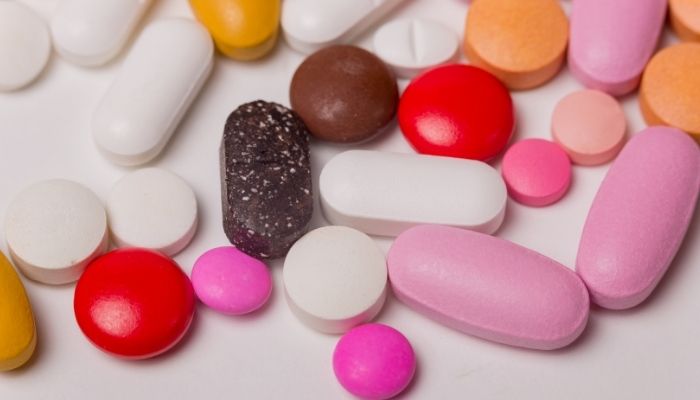Fibrate drugs are vital medicines which help in reducing cholesterol. They have a specific manner of functioning and are taken for reducing levels of triglycerides in the body. It is imperative to know more about them in this context.
Fibrates Drugs- Learning More About Them
Fibrates are medicines which help in reducing cholesterol levels in the body. They function through enabling triglyceride reduction in the blood. They may enhance HDL (high density lipoprotein) cholesterol levels too. Those with high triglycerides often need to consume these medicines for reducing risks of strokes, heart ailments and heart attacks.
Triglycerides are a specific fat type that is smoothly transported in the blood, majorly after consumption of a meal and stored in fat cells thereafter. Higher counts of triglycerides are linked to cardiovascular ailments, while leading to the inflammation of the pancreas gland or a condition known as pancreatitis. Consuming fibrates may not always reduce LDL (low-density lipoprotein) cholesterol or bad cholesterol.
Functioning of Fibrates
These function through the reduction of very-low density lipoprotein or VLDL that is created by the liver. The particles bear triglycerides to other body parts. Through restricting the amount of VLDL created by the body, this medication helps in reducing triglyceride levels considerably. These drugs also help in enhancing apolipoproteins A-I and A-II that are created by the liver. These are two proteins which help in the creation of HDL cholesterol as well. Creating higher proteins will naturally scale up the levels of HDL cholesterol.Usage of Fibrates and Their Types
- The doctor may recommend fibrates for lowering triglycerides or/and enhancing the levels of HDL cholesterol.
- Even though triglycerides are linked to cardiovascular ailments, it has not been fully substantiated that consumption of fibrates lowers risks of strokes or heart attacks.
- Reducing triglycerides with the help of fibrates is a major way forward towards lowering pancreatitis risks.
- There are several fibrates that are available and recommended by doctors. They include Fenofibrate, Clofibrate and Gemfibrozil.
Some Other Aspects of Fibrates
- Fibrates may be highly effective options for several individuals.
- Studies indicate that they may contribute towards reducing triglyceride content by roughly 50%.
- They may help in enhancing HDL cholesterol levels by approximately 20%.
- They may also help greatly in reducing overall cholesterol levels by roughly 10%.
- Fibrates may be the sole medication that you consume for reducing triglycerides and also for lowering pancreatitis risks. For lowering risks of cardiovascular ailments, the doctor may recommend statins together with these fibrates. The former are specific cholesterol-reducing medicines.
- Consumption of both statins and fibrates together will lead to doctors closely tracking any possible side effects alongside. Many individuals safely consume both these medicines though some people may have higher risks of muscle-related issues.
The Bottom Line
Your healthcare provider may also recommend consumption of a dietary plan that is healthy for the heart while also enabling the reduction of cholesterol levels simultaneously. Other recommendations may include exercising or working out for at least 150 minutes each week. You should also look at managing stress levels with proper techniques and methods.Other recommendations include getting a minimum of seven to eight hours of sleep each night along with giving up tobacco products or smoking. Both statins and fibrates are comparatively safer forms of medication. Statins help in reducing cardiovascular ailment risks although this has not been fully proven in case of fibrate-based medication. They mainly work to lower pancreatitis risks.


